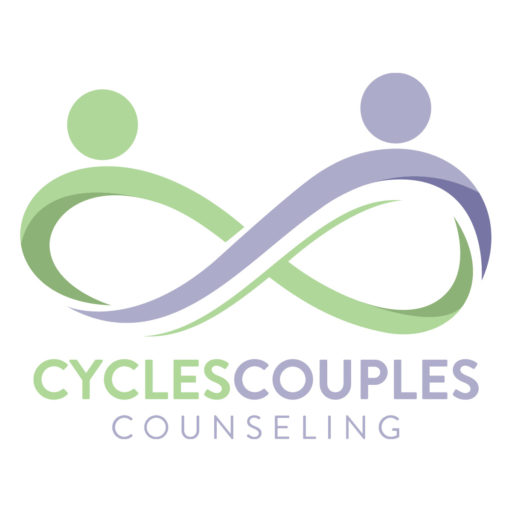Healing from an affair requires lots of open honesty to rebuild trust. It’s crucial to be responsive to your partner’s questions. However, sometimes it can be tricky to know if the answers to certain questions would be healing or harming. How do you know when you’ve given too many affair details?
Asking questions is part of the healing process.
We know that the repetitive reassurance can sometimes feel annoying or even overwhelming, but it’s a normal part of the process. The affair happened in secrecy. Most partners want to know affair details to ensure they don’t get blindsided again.
These honest Q and A sessions can help rebuild trust and heal attachment injuries. Communication helps fuel connection. Chances are, if an affair happened, your communication wasn’t so great.
It’s time to change that.
Helpful Affair Details vs. Harmful Affair Details
First things first, it’s important to make sure you tell the whole story. Leaving out pieces or sugar coating can lead to even bigger attachment injuries in the future. Save yourself some trouble and be upfront about your affair.
While some affair details may be helpful, others can be re-traumatizing. It’s important to use your judgment to discern whether the details will help your partner understand and feel secure, or will trigger them by painting a more vivid trauma picture.
You gotta tell 'em!
Some helpful affair details include:
- When the affair started
- When the affair ended
- How the end was communicated
- Who the affair was with
- What form of contact you still have with that person (we advise going no contact)
- What needs the affair met
These types of affair details help a partner understand the past and current nature of your relationship with whom you had an affair. Answers to these questions might be tough, but they can also help bring closure and security to your partner.
The Devil is in the details.
Some harmful affair details include:
- Body part descriptions
- Intimate sexual encounter details
- Affair meet up locations
- Pet names and other terms of endearment
These type of affair details help lend a hand to your partner’s already overactive imagination of the relationship. Rarely, as a couples therapist, have I seen a partner hear how many times their husband had sex with another person or how big his penis was and feel comforted.
How do I respond to these intimate questions about my affair?
One thing is for sure—getting defensive and shutting down is not the right way to go about things. This will only lead to another negative cycle of communication with your partner.
There’s a reason your partner is asking about harmful affair details. They are trying to get reassurance. Affairs feed insecurity.
Often partners suspect knowing these nitty gritty details will help to build security. Usually, they are roundabout ways to check in on your feelings and commitment.
Frequently, in couples therapy sessions, at the root, they’re asking:
Do you still want to have sex with me?
Do you find me attractive?
Are you happy you chose me?
Am I enough?
Are you satisfied?
Are we okay?
By taking the time to understand their motivation when they ask these questions, you can properly respond to them. This interrogation has a purpose—secure attachment.
At Cycles Couples Counseling, we can help you to bypass the minutiae and get to the important conversations. We know healing from an affair is possible. Let us help you go to these vulnerable depths and effectively communicate to repair this relationship.
Let’s do something different!
Still have questions? Cycles Couples Counseling offers free consultations to help you better understand the road to rebuilding trust after an affair.
Learn more about Couples Therapy and Affair Repair in California.


